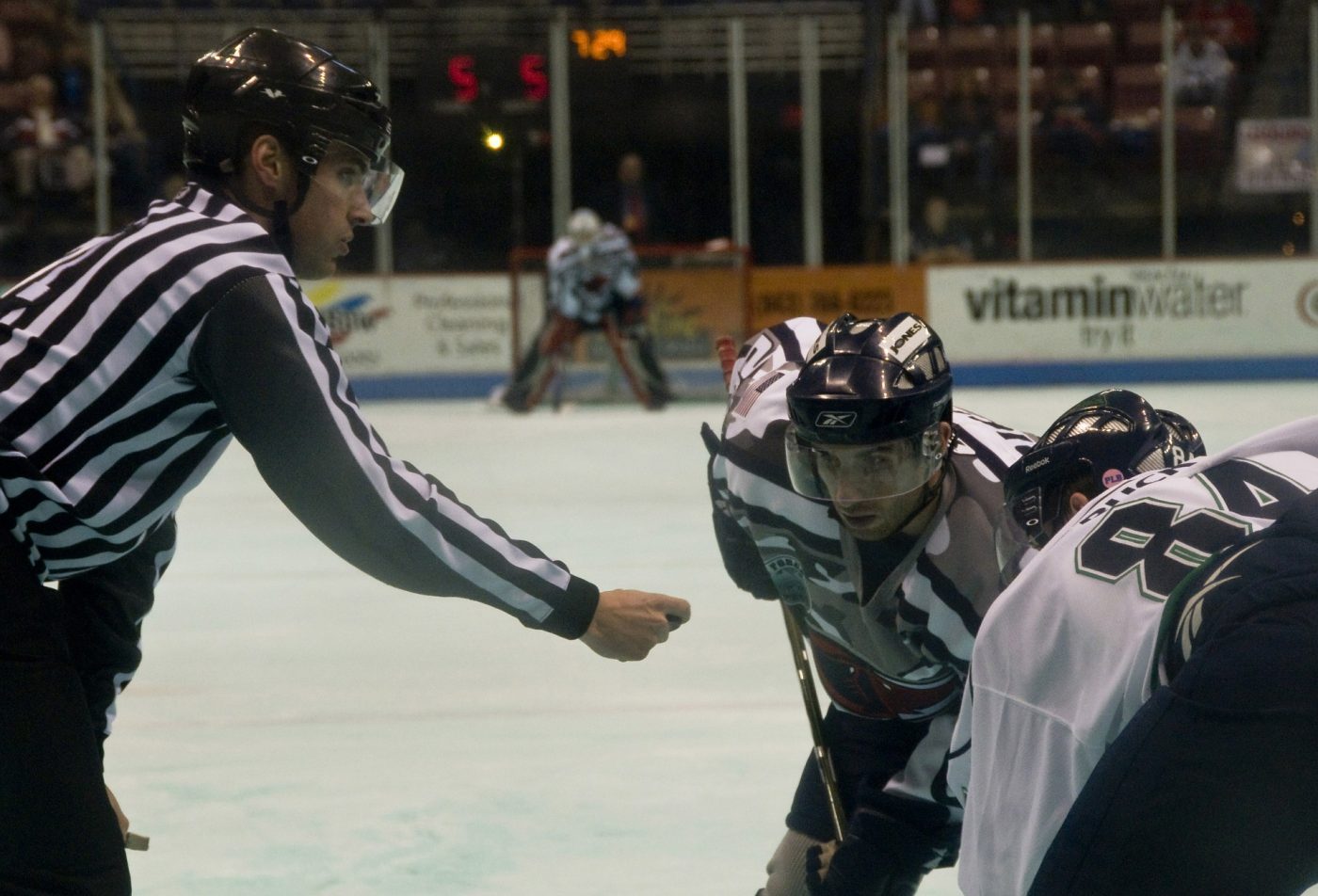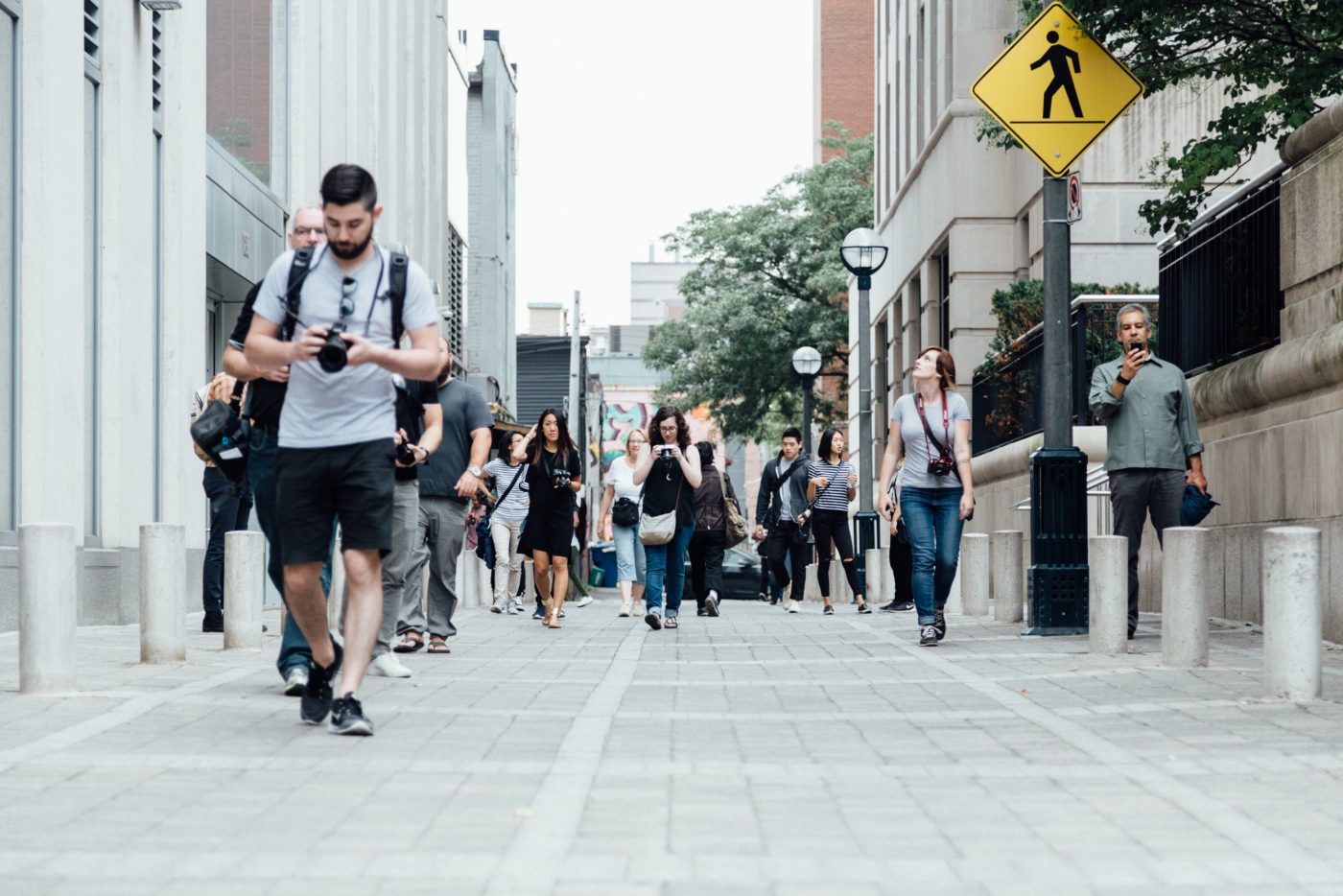
As we just witnessed in the Big Game, come-from-behind-victories are the stuff of legends. Las Vegas is working on a Cinderella story of its own. Our iconic town is fighting back after the Great Recession of the late 2000s, and experiencing significant gains in real estate, population growth and employment. So what’s next in Vegas’ playbook? Pro sports.
That’s right, sports fans: Not only has Las Vegas been given the nod to drop the puck on the NHL’s 31st franchise, but it may also become the new home of the NFL’s Oakland Raiders. Admittedly, the Raiders’ move is a couple of years and several hurdles away (i.e. funding, compliance and construction). But the Vegas Golden Knights are lacing up for the new T-Mobile Arena beginning next season, and 14,000 season tickets have already been snatched up.
In classic go-big-or-go-home Vegas style, MLB and NBA teams likely won’t be far behind. That could push our community into a “Top 10 City” position. Certainly, there will be benefits. In addition to ticket sales, merchandising and foot traffic are bound to bring financial gain and help the city create a sparkling new image.
Right?
Maybe. But the question remains: Will sports teams help Las Vegas’ real estate industry?
That depends. Cleveland, Oakland, San Diego and Raleigh have seen great revitalization from sports teams, but not every city is the same. In Pittsburgh, real estate values around Heinz Field are 18% lower than those in other neighborhoods, and according to Trulia research, The Steelers’ hometown ranks the worst out of 31 NFL markets. In Seattle, housing values near CenturyLink Field are almost 15% lower than the rest of the city.
It’s not all bad news, though. Last time the NHL expanded (2000-2001 season), Columbus, Ohio, experienced continuous population growth of 10%. If Las Vegas has similar results, our community could grow by as many as 60,000 people.
From a real estate perspective, what’s the “best” sport?

If sports truly do have a positive impact on a city’s economy, it’s the MLB that brings about the most significant change. With 81 regular season games throughout the warmer months, baseball fans have loads of opportunities to stroll outdoors. By contrast, NFL teams play just eight games—and in colder months.
Trulia’s research confirms the MLB’s positive affect on real estate markets. Neighborhoods with newer baseball parks typically see higher home values. For example, Yankee Stadium in New York opened in 2009 and home values are now more than 81% higher than the rest of the metro area. In Boston, Fenway-Kenmore neighborhood homes have a 66.3% higher value than the metro average. And in Wrigleyville, home values are 22.3% higher than the rest of Chicagoland.
Some of that real estate goodness can surely be attributed to their over-the-top fans. But the Washington Nationals don’t have that historic fan base, and homes near their park are still valued at more than 15% higher than the rest of the metro area.
Want a better idea of how a city can turn itself around? Look no further than Indianapolis.
In addition to the Indy 500, Indianapolis is also home to NBA, NFL and minor-league baseball teams. Along with sports, the city offers 200 restaurants, 300 retail shops, 28 museums and galleries, and 12 performing arts theaters. All of these entertainment venues and businesses attract a growing market of local visitors and out-of-state tourists. Annual attendance at downtown leisure attractions has increased 84 percent since 1994.
Dozens of major corporations have made downtown Indianapolis their headquarters and its two universities have seen major growth. There are now 70 tech firms within the Indianapolis city limits, earning the small, Midwest city the surprising reputation as a “tech hotbed.” The Los Angeles Times went so far as to call the success of its revitalization project “breathtaking.”
If you build it, they will come.
While there’s truth in that statement, we’re not just talking about ball fields. Because here’s the rub: A pro sports facility can only have a significant impact on its neighborhood when it embraces the community, and vice versa. It certainly won’t hurt the real estate market to bring the NHL and NFL (and, with luck, the NBA and MLB) to Las Vegas, especially if the fans are passionate and the stadiums are in the right spot.
X marks the spot
According to Curbed, that “right spot” is wherever will do the most good for the community. For example, mixed-use redevelopment projects in downtown centers (read: live, work, and play without leaving your neighborhood) are a huge boon for urban growth.

In Boston, for example, residents know what they’re looking for when they move to Fenway-Kenmore, Adam Mundt, leasing manager for Metro Realty Corp in Boston explained in one article. The foot traffic adds an element of excitement – and is the reason many of its residents chose the location in the first place. Residents are getting what they paid for; Fenway-Kenmore has seen a revitalization in the last five years, with the addition of both commercial and residential developments.
Back to Las Vegas. What’s the bottom line?
When the economy crashed, Las Vegas’ housing market was among the hardest-hit nationally. Today, Zillow shows the median home value here is up 9% from last year, compared to the national average of 4.3%. Given that momentum, it’s tough to believe bringing pro sports to Vegas will take us backwards. The NHL (and potentially, the NFL) is bound to do its part here, bringing jobs and more families to the Valley, along with increased real estate demand.
Come-from-behind-victories are indeed the stuff of legends. And if Las Vegas intends to be the next Cinderella story, the proposed pro sports teams are a great kick-off.
Interested in working, playing, learning or living in Vegas? Discover what these Featured Neighborhoods have to offer!



